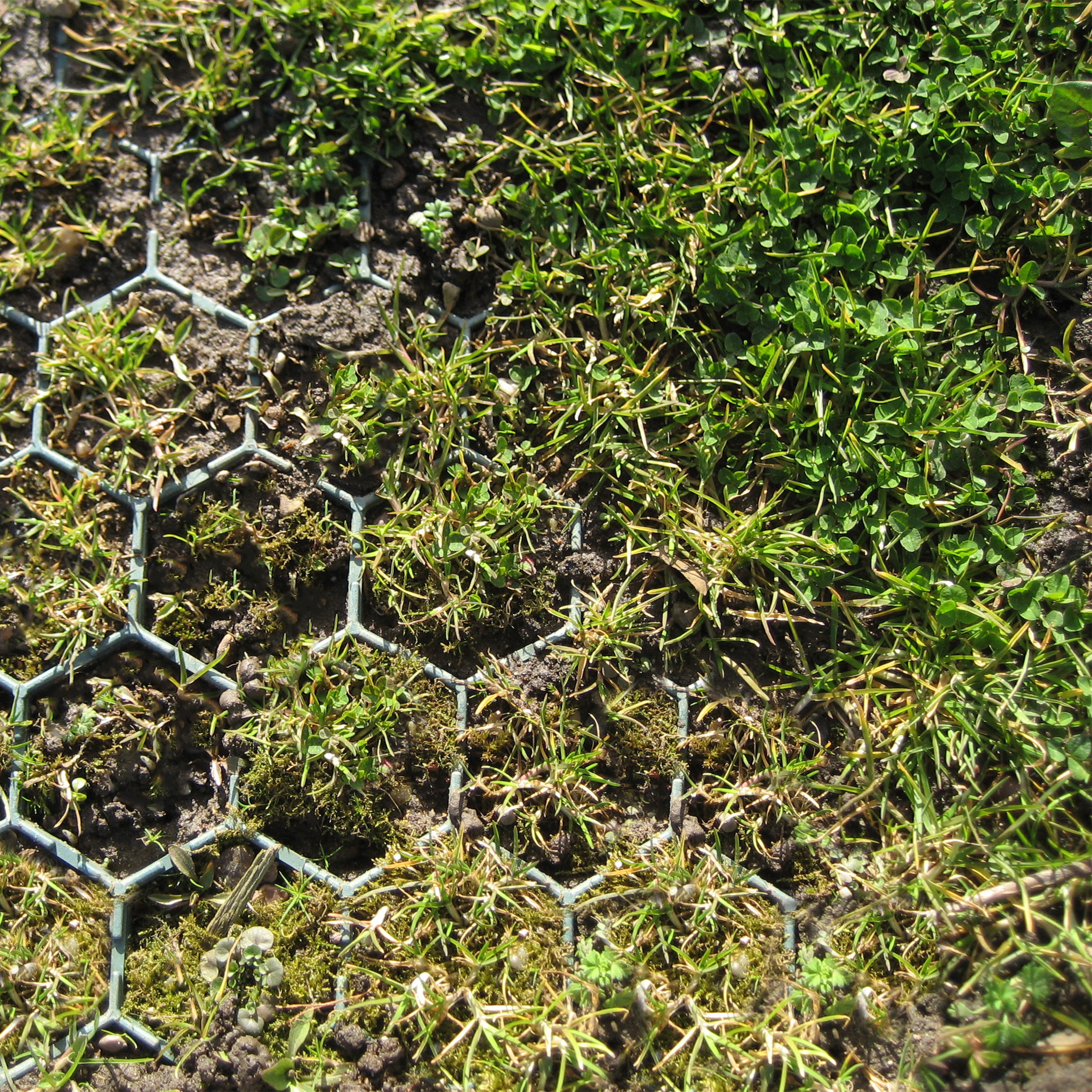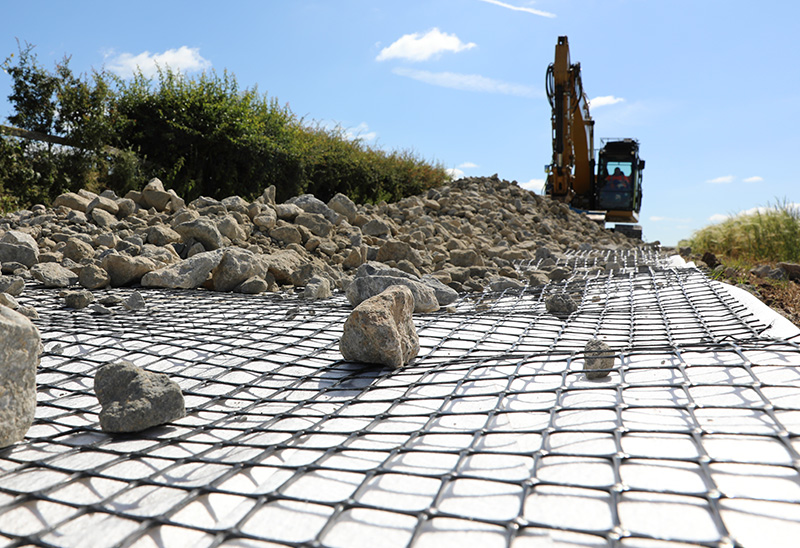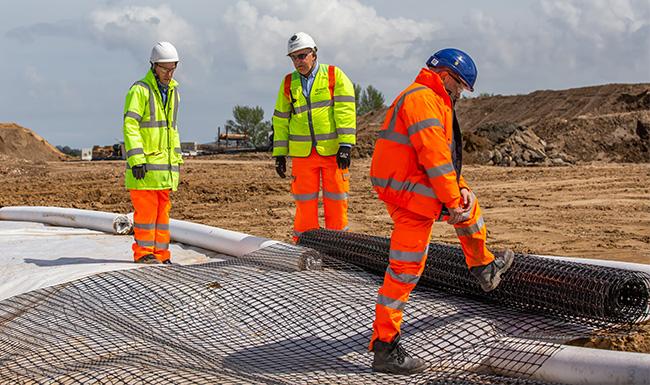
Blog
Beginners guide series: Are geosynthetics environmentally friendly?
13 August 2024
What counts as ‘environmentally friendly’?The term ‘environmentally friendly’ is used across many industries. It describes products that reduce or minimise their impact on our Earth. But it may surprise you to learn that the term isn’t an official one. No accreditation or government initiative defines 'environmentally friendly'. It’s better to check for ISO accreditation in environmental management or labelling or if an organisation commits to ESG and the UN Sustainable Development Goals. How do geosynthetics impact the environment?Geosynthetics are constructed from man-made materials, including plastics, polymers, polypropylene, and more. Looking in isolation, it might seem that geosynthetics are not a sustainable choice for a civil engineering project. And they indeed mean plastic is put into the Earth. But our geosynthetics are designed for durability. We are producing products that will last for hundreds of years. We also design and produce products to support land that would not normally be developed. This includes brownfield land or land that can’t drain easily or would need reinforcing. This means that greenfield land can be left to naturally evolve. Geoworks also has products designed for sustainable urban drainage systems (SUDs), helping developers create green spaces that cause minimal or no long-term detrimental damage. Our geosynthetics, such as geogrids, can also help to reduce carbon emissions. This can be calculated and confirmed for your carbon offsetting or footprint. It is achieved by reducing the amount of earthworks needed on-site thereby reducing the plant needed and their emissions. The thickness of compounds, haul roads and piling rigs can are also reduced, reducing the aggregate needed and embodied carbon. Our geogrids also add reinforcement to your project for a higher-quality sub-base. Giving you a longer-lasting and harder-wearing installation. 
Geoworks commitment to the environmentWe are committed to bringing environmentally friendly products and solutions to market. We offer products that not only reduce carbon or benefit the environment but products that are manufactured from recycled plastics. Geoworks is ISO 14001 accredited. This accreditation is the internationally recognised standard for environmental management systems. It shows our commitment to improving our environmental performance by adding efficiencies to our resources and reducing waste. Our first ESG report was launched in 2022, as part of our parent organisation Wrekin Products. It highlights our commitment and ambition to reduce carbon and continue to improve our processes for environmental, social and governance benefits. Talk to our team to find out more about our commitment to the environment and how our geosynthetics can help your carbon emissions. We’re here to support you at every stage of the project lifecycle. |






